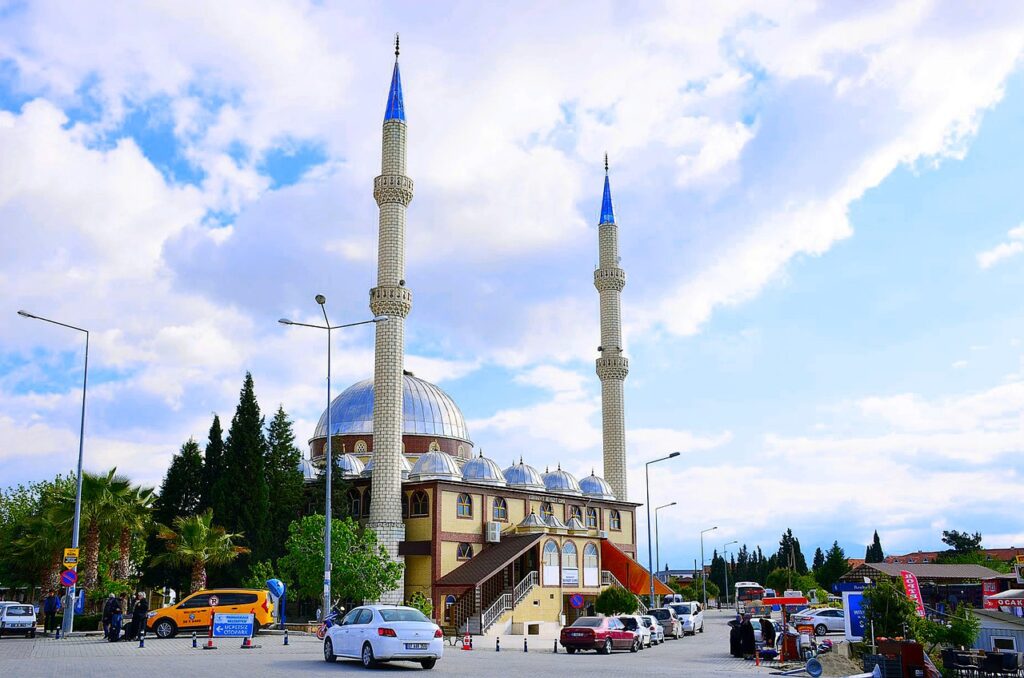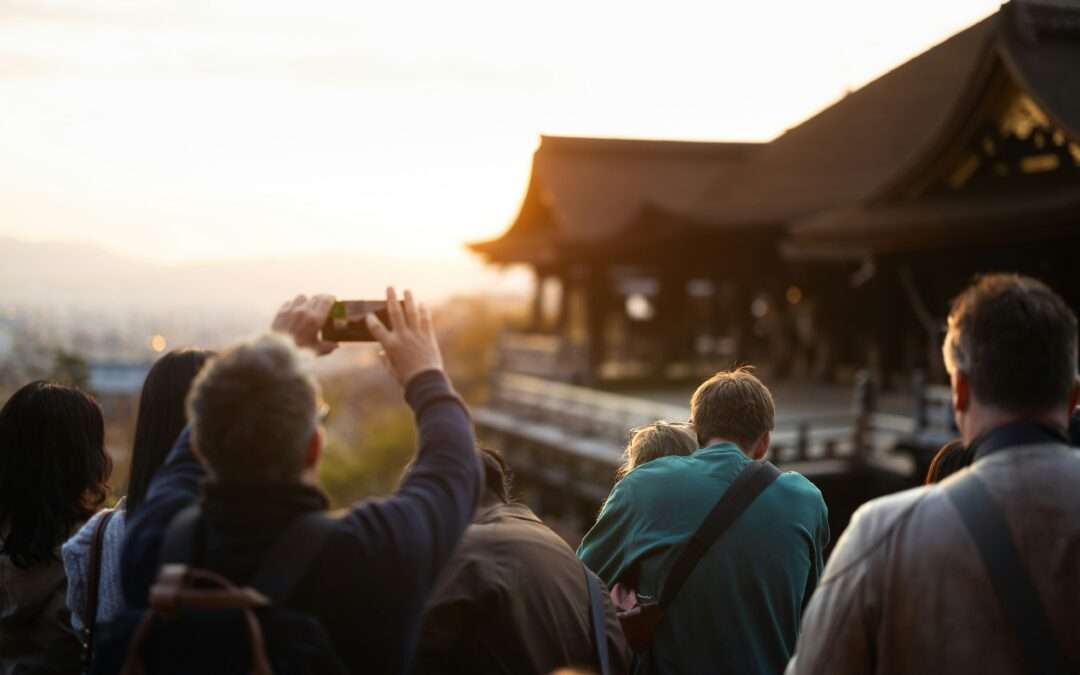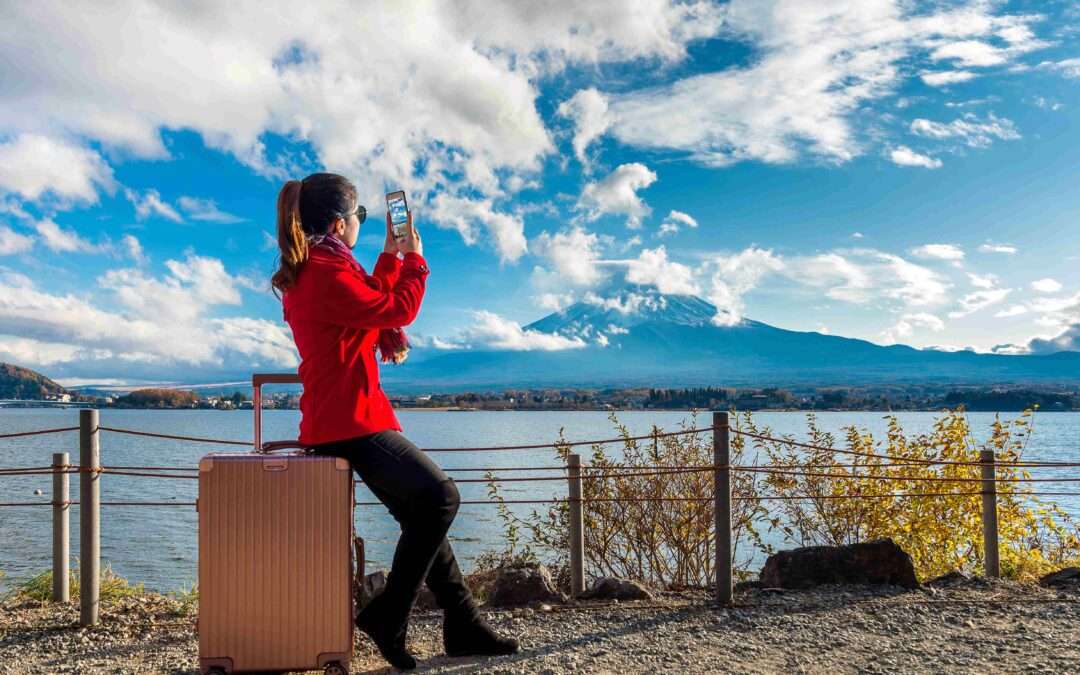That’s a question every traveler has asked themselves at some point maybe while staring out the window on a long train ride, sipping coffee in a faraway café, or watching the sun rise over a mountain peak. Journey isn’t pretty much ticking places off a bucket list. It’s about something deeper. Something personal. And that “something” is what we call travel motivation.
Travel motivation is the inner reason we choose to leave our familiar surroundings and explore new places. It differs from person to person, and even from trip to trip. Some people travel to relax, others to learn, some to heal, and some just to chase sunsets.
Let’s break down the main types of travel motivation that drive people to pack their bags and head into the unknown.
1. Relaxation and Rest (Escapist Motivation)
One of the most common reasons people travel is to escape daily stress. Whether it’s from work, routines, responsibilities, or emotional burnout, travel can offer a much-needed break. Lying on a beach, getting a massage, or simply doing nothing in a quiet place can help reset our minds and bodies.
For many, a tour is a form of self-care a time to unwind, sluggish down, and breathe.
Consider a wellbeing retreat in Bali, a lazy cruise in the Mediterranean, or a weekend getaway in a geographical region cabin these are all rooted in escapist motivation.
2. Adventure and Thrill (Exploratory Motivation)
Some people aren’t seeking out peace they need adrenaline. They crave the excitement of trying something new, unpredictable, or even risky. This motivation drives adventure travelers to skydive in New Zealand, hike the Inca Trail, or dive with sharks in South Africa.
Exploratory motivation is all about pushing limits, facing fears, and feeling alive. It is not just about chance it’s approximately discovery. This type of traveler wants to explore the unknown and go where few others have gone before.

3. Cultural Curiosity and Learning (Educational Motivation)
For many, travel is about gaining knowledge and perspective. These travelers are motivated by a desire to understand different cultures, histories, and ways of life. They visit museums, attend local festivals, take cooking classes, and explore ancient ruins not just for fun, but to learn.
This form of travel creates deep appreciation and respect for diversity. It’s driven by curiosity and a hunger for insight.
Examples include visiting Kyoto’s temples to understand Japanese traditions or exploring Egypt to learn about ancient civilizations.
4. Social Connection (Interpersonal Motivation)
Humans are social beings. Many people travel to connect with others whether that’s friends, family, or strangers who might become friends. Some travel for family reunions, weddings, or honeymoons, while others take group trips to meet like-minded travelers.
Solo travelers often say that being alone on the road leads to some of the most meaningful connections with locals, fellow travelers, and even with themselves.
Travel motivated by relationships tends to focus on shared experiences and creating memories with others.
5. Personal Growth and Self-Discovery (Psychological Motivation)
Some journeys are more inward than outward. Travel becomes a personal quest to find oneself, heal from trauma, overcome fears, or reset priorities. This is especially common after life transitions like a breakup, graduation, or a career change.
These travelers often seek solitude, reflection, and renewal. Walking the Camino de Santiago in Spain or spending time in a remote monastery in Nepal are classic examples.
This motivation turns travel into a transformational experience, shaping identity and clarity.
6. Status and Prestige (Prestige Motivation)
Let’s be honest now and again, we journey for the gram. For some, travel is about prestige, recognition, and social status. Luxury hotels, exotic destinations, and first-class flights aren’t just about comfort they’re symbols of success.
This doesn’t mean the travel is superficial. It simply means that some people are motivated by the image, exclusivity, or social approval that comes from certain travel experiences.
This motivation can often be seen in luxury tourism, influencer travel, or “bucket list” style trips.

7. Religious or Spiritual Motivation
For many, travel is about faith and spirituality. People travel to visit sacred sites, go on pilgrimages, or attend religious festivals. Whether it’s visiting Mecca for Hajj, walking through Jerusalem, or meditating in an Indian ashram, these journeys hold deep spiritual meaning.
They are not just about the place, but about what the place represents a connection to something greater than oneself.
8. Business or Professional Motivation
Not all travel is for leisure. Some people are motivated by career advancement, networking, or business opportunities. Conferences, meetings, work retreats, and training sessions often require travel.
While the trip may be work-related, many business travelers extend their stay for leisure or explore during their downtime, leading to the popular “bleisure” trend (business + leisure).
9. Volunteering and Service (Altruistic Motivation)
A growing number of travelers are driven by the desire to give back. These are people who volunteer abroad, teach English in rural areas, or help with conservation projects.
Their motivation is rooted in compassion and contribution. They seek to make a positive impact while experiencing new places, and in return, they often gain profound personal fulfillment.
Final Thoughts
Travel is as diverse as the people who do it. Some want rest, others want adventure. Some seek answers, others seek questions. The important thing is that whatever your motivation, it shapes your experience and that experience, in turn, shapes you.
Understanding your travel motivation can help you plan more meaningful journeys, connect more deeply with the places you visit, and return home not just with photos, but with purpose.
So the next time you book a trip, ask yourself: Why am I going?
You might be surprised by the answer.






